Building a stellar medical researcher resume can be your stepping stone towards clinching the job you're aiming for. As a medical researcher, you deal with significant advancements and breakthroughs.
Reflecting these accomplishments efficiently on your resume can be challenging. And so, we present you with clear and simple tips, illustrative examples, and effective templates to navigate this process smoothly.
Keep reading and learn how to:
- Pick the right resume format as a medical researcher
- Write a strong medical researcher resume summary
- Select key medical researcher skills to include on your resume
- Describe your work experience with specific and quantifiable detail
- List your educational credentials correctly and accurately
- Select the most relevant extra sections for your medical researcher resume
- Access the best job search resources for medical researchers
1. Pick the right resume format as a medical researcher
Generally speaking, a role as a medical researcher will require you to opt for a longer-form resume, such as the Curriculum Vitae.
A Curriculum Vitae, or CV, is a multi-page resume that describes each section in great and thorough detail. This format is well suited for medical researchers, as it allows for the inclusion of publications, presentations, and more elements that a standard resume does not typically include.
Along with the classic work experience, education, and skills sections, a CV might also include:
- Publications and Research
- Presentations and Conferences
- Professional Associations
- Awards and Accolades
- Languages
Choose your preferred template and make your resume shine.
2. Write a strong medical researcher resume summary
A resume summary is an essential component of any resume that is placed at the beginning of the document. In this summary, the applicant will include as many key details about themselves as possible, including awards and major publications.
To help illustrate how to write a strong resume summary, we have provided a weak example followed by a correction and explanation:
Incorrect medical researcher professional profile example
Medical Researcher that studies disease origins and mutations. Specialized in the containment and analysis of dangerous substances. Published findings in many major peer-reviewed journals.
What's wrong with this example? Any time you write a resume summary, it is crucial to remember that specificity is key. This is your biggest opportunity to hook the attention of employers and compel them to read the rest of your resume or CV – thus, you should use your summary as effectively as possible by including more exact details and information.
Corrected medical researcher professional profile example
Medical Researcher with 6+ years of experience studying infectious diseases, with a concentration on their origins and mutations. Specialized and certified in safe laboratory practices for handling dangerous biological compounds. More than 30 published articles in major peer-reviewed journals, including The New England Journal of Medicine and The American Journal of Medicine.
Why is this better? In this corrected example, the applicant goes into greater detail regarding their specialization and publications. These specific details will go a long way in terms of catching the attention of and impressing employers, as it reveals the applicant is not only highly experienced but also extremely passionate about their work.
3. Select key medical researcher skills to include in your resume
As a medical researcher, completing major studies and clinical trials is no small feat — and it will require you to have a wide range of both hard and soft skills.
Hard skills are learned abilities gained through training and education. They include things such as having a deep knowledge of medical standards and understanding how to use medical equipment.
Soft skills can be both learned and inherent, dealing more with your personality and communication style. This includes abilities such as public speaking or collaboration.
To help you brainstorm ideas for your resume, here are 10 examples of both hard and soft medical researcher skills:
The best medical researcher hard skills to put on your CV
- Conducting Research
- Data Analysis
- Designing Investigative Studies
- Recruiting Support Staff (Other Researchers, Assistants, etc.)
- Writing Grant Proposals for Funding
- Preparing and Analyzing Medical Samples
- Deep Knowledge of Biohazardous Materials
- Medical Safety Standards (Operating Equipment, Handling Biohazards, etc.)
- Developing Treatments
- Managing and Monitoring Clinical Trials
Soft skills for your medical researcher resume
- Critical thinking
- Verbal and written communication
- Collaboration
- Attention to detail
- Determination
- Passion
- Time management
- Multi-tasking
- Leadership
- Negotiation
4. Describe your work experience with specific and quantifiable details
A work experience section is a crucial element on any effective resume. In this section, you should list your previous jobs, employers, and dates of employment. Once this is complete, you should follow it up with 3 to 5 descriptive bullet points detailing your key responsibilities and accomplishments.
Like with the resume summary, the details you include should be specific and quantifiable whenever possible. By doing so, you provide employers with more exact information that gives a better overall picture of you as an applicant.
Here's an example of a work experience entry from a medical researcher resume
Greenville Regenerative Medicine, Greenville, SC
Medical Researcher
June 2018 to October 2021
- Performed molecular biology research on cells from human bodies with autoimmune disorders.
- Assisted in the discovery of a new treatment for Still’s disease using a complex bioengineered compound.
- Presented research and findings at the annual medical conference held in Washington D.C., earning new funding from 3 attending sponsors.
5. List your educational credentials correctly and accurately
To become a medical researcher, you typically need at least a bachelor’s degree to begin earning entry-level positions. However, for higher-level academic positions, you will likely need to obtain a master’s degree or Ph.D. first.
As you list your educational credentials, make sure to include:
- The title of your degree
- The name of your school or university
- Your date of graduation
- Notable academic accomplishments
Here's an example of a well-crafted education section on a medical researcher resume
Education
University of California San Francisco, San Francisco, CA
M.A. in Clinical Research
- Graduated: 2016, Summa Cum Laude
- Chief Editor of the University Medical Research Journal
University of California San Francisco, San Francisco, CA
B.A. in Biology
- Graduated: 2013, Magna Cum Laude
- Honors Program
6. Select the most relevant extra sections for your medical researcher resume
When crafting a compelling medical researcher resume, you want to highlight not only your scientific expertise but also the unique qualities that set you apart.
Selecting the most relevant extra sections can be a game-changer, elevating your resume from ordinary to extraordinary. Consider adding sections that showcase your passion for research, your dedication to ongoing education, and your commitment to contributing to the medical community.
Volunteering experiences can demonstrate your altruistic nature and team spirit. Moreover, including language proficiency may be valuable, especially if it aligns with the specific research projects you seek to be part of.
By carefully curating the extra sections on your resume, you create a powerful narrative that captures the attention of hiring managers and highlights your potential as a medical researcher with a wealth of capabilities.
Here's an example of a strong extra section from a medical researcher resume
Volunteering
- Local healthcare organizations: Assisted in health screenings for underprivileged communities and conducted health education workshops. (June 2019 - August 2020)
- Medical research events: Volunteered at medical conferences and research symposiums, assisting with event coordination and registration. (March 2021 - May 2022)
- Hospital or clinic volunteering: Provided support to medical staff, helping with patient care, organizing medical supplies, and assisting in administrative tasks. (September 2020 - December 2021)
7. Best job search resources for medical researchers
The job search might feel like trying to find a needle in a haystack but fret not! Here are some resources to navigate the labyrinth of job hunting with ease:
- Job boards: Platforms like Indeed, LinkedIn, and Glassdoor host numerous job postings and are ideal places to start your search. For a more specialized approach, check out BioSpace, Science Jobs, and New Scientist Jobs dedicated to the life sciences industry.
- Professional networks: Consider joining relevant professional associations such as the American Association for the Advancement of Science (AAAS), American Medical Association (AMA), and similar groups. They often post job opportunities and can be excellent sources for networking.
- Career services: If you're fresh out of school, don't forget about the Career Services office at your university. They usually have job search resources and may even have connections with alumni in your field.
- Recruitment agencies: Companies like Kelly Services, Randstad, and Aerotek specialize in placing candidates in science and healthcare roles.
Remember, a well-rounded job hunt incorporates several resources, and persistence always pays. Happy hunting!
Still looking for a job? These 100+ resources will tell you everything you need to get hired fast.
Medical Researcher / Scientist Resume FAQ
What should the main sections of my medical researcher resume include?
Your resume should primarily feature these sections: Contact Information, Objective or Professional Summary, Skills, Work Experience, Education, and Certifications. Optionally, you can also add sections such as Awards/Honors, Publications, or Professional Affiliations if relevant to your profile.
How can I make my medical researcher resume stand out?
To make your resume shine, focus on quantifiable achievements in your experience rather than just listing duties. Also, customize your resume for each job application, using keywords from the job description. A clean, well-organized design can also make a positive impact.
What skills are employers looking for in a medical researcher candidate?
Beyond specific technical knowledge, employers often seek candidates with problem-solving abilities, attention to detail, data analysis skills, and excellent written communication. These should be prominently presented in the 'Skills’ section of your resume.
I'm a recent graduate. How do I handle lack of experience on my resume?
If you don't have a lot of work history, fill your resume with relevant coursework, internships, and research projects. Be sure to highlight key skills learned that will be beneficial in a professional setting.
Should I include references on my medical researcher resume?
As a general rule, it's better to save references for a separate document. However, do include them on your resume if the job description specifically asks for it. Remember to always ask for permission from your referees before listing them.

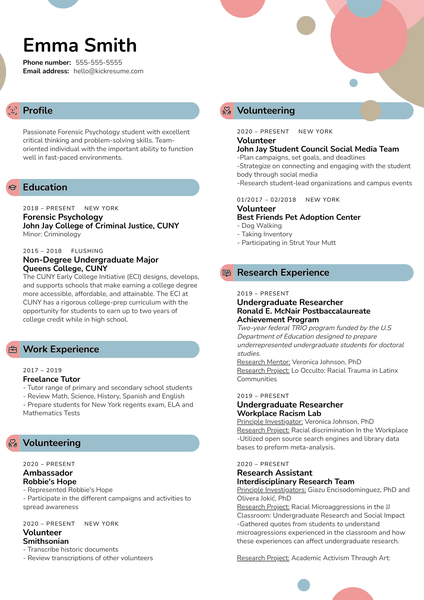
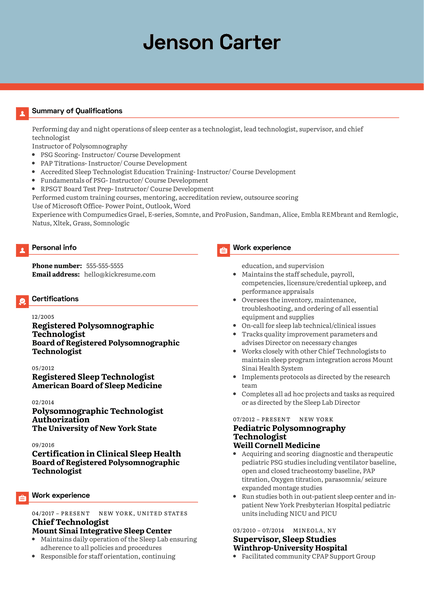

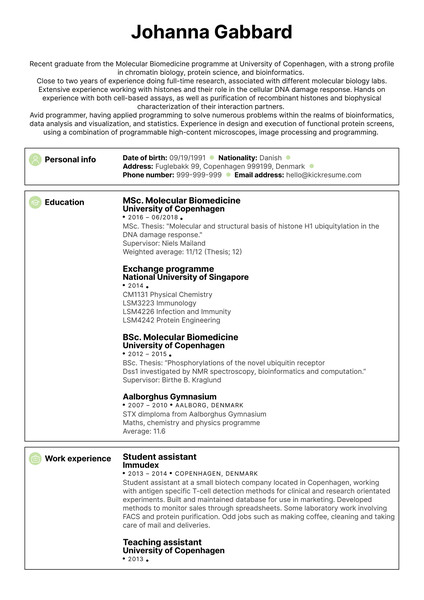

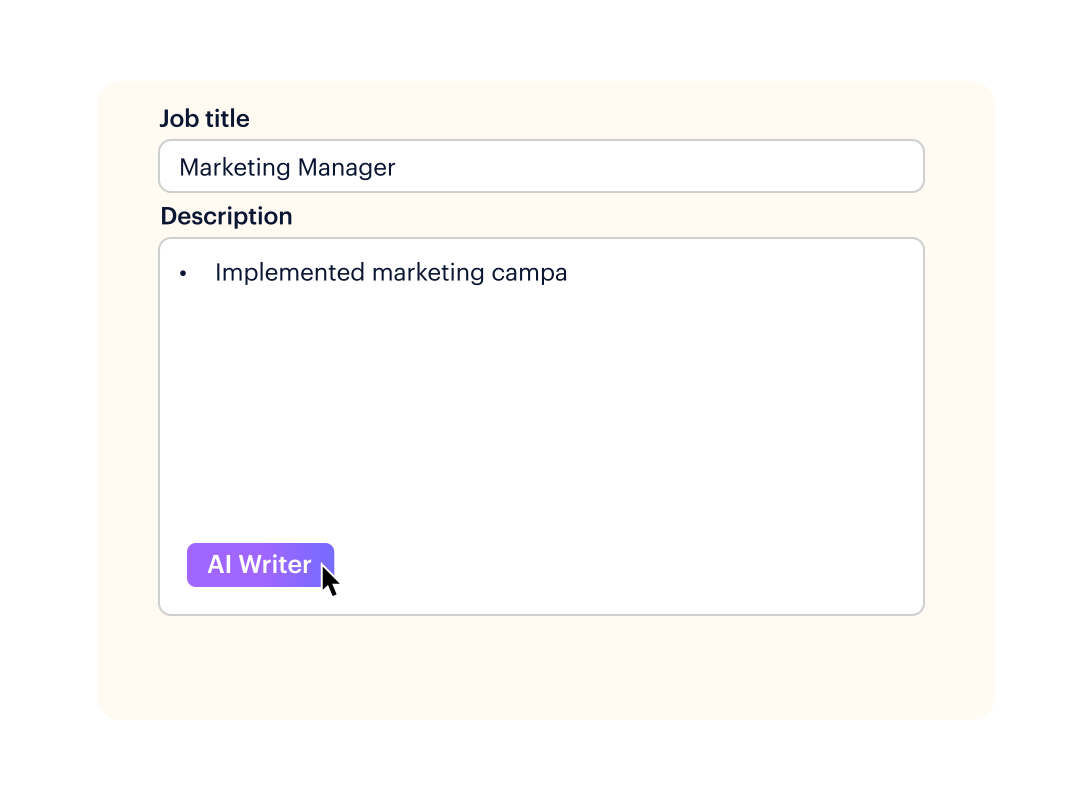
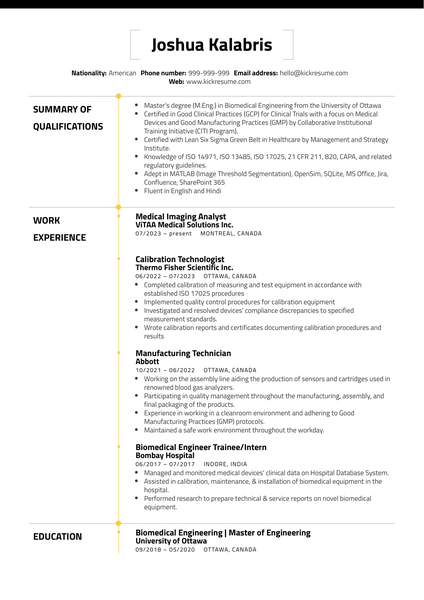

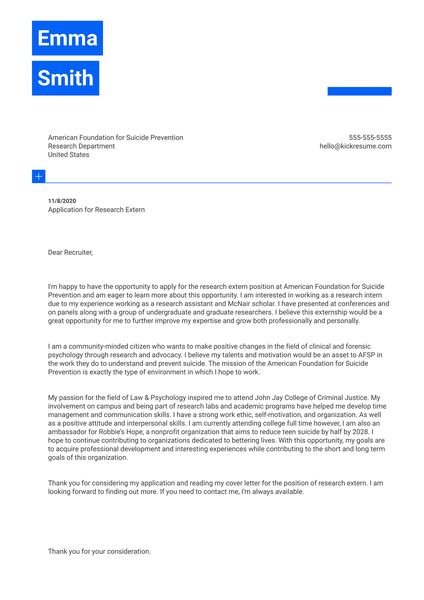
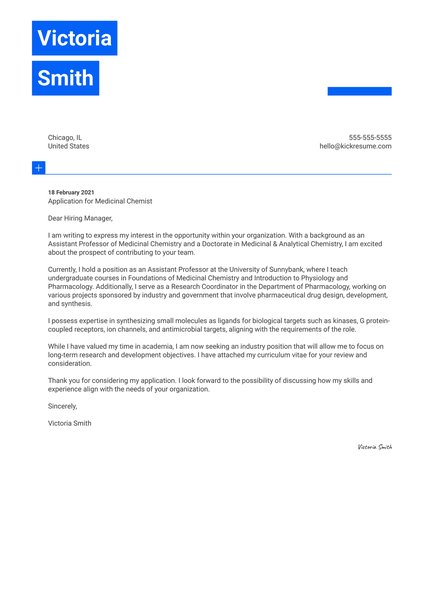
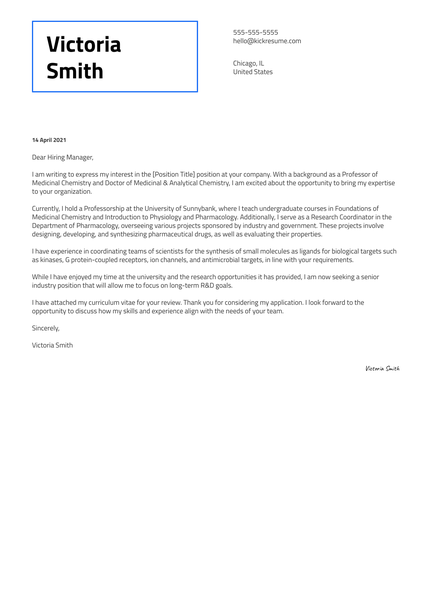


![How to Write a Professional Resume Summary? [+Examples]](https://d2xe0iugdha6pz.cloudfront.net/article-small-images/i-Profile.svg)
![How to Put Your Education on a Resume? [+Examples]](https://d2xe0iugdha6pz.cloudfront.net/article-small-images/i-Collage-Universities.svg)
![How to Describe Your Work Experience on a Resume? [+Examples]](https://d2xe0iugdha6pz.cloudfront.net/article-small-images/Experience.svg)


